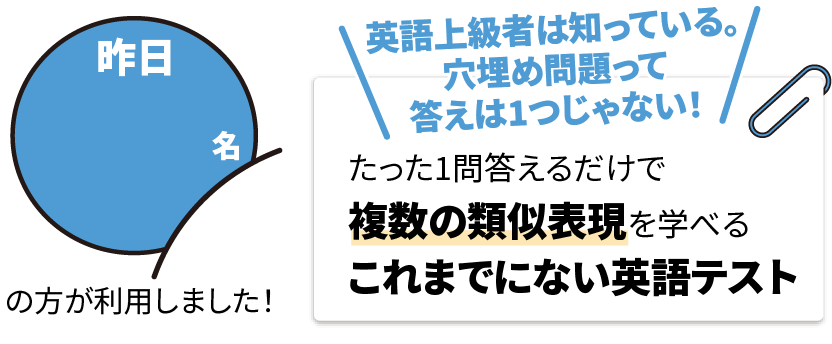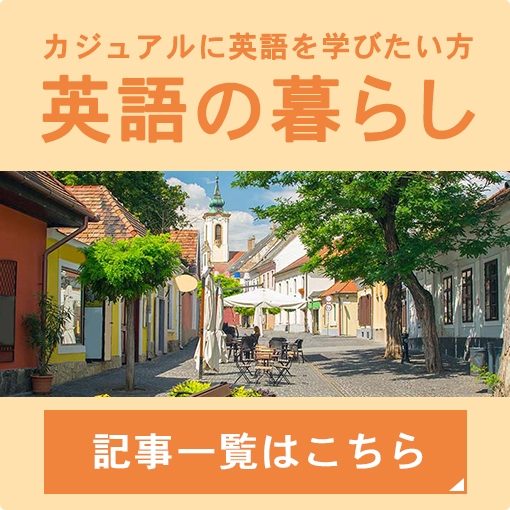ショッキングと言っていいほどの猛暑のカナダから
Hey internet! It’s me, Nic (sensei?!), bringing you some musings from Vancouver, Canada!
It’s been more than a kind of shockingly hot start to the summer.
Unless you’ve been living under a rock for the past 2 months, I’m sure you would’ve seen the spate of disasters that have wrought havoc on many corners of the world.
This time though, populated sections of the Western world weren’t spared.
Instead of heat waves rocking the unpopulated reaches of Siberia like in 2020, the extreme heat hit Western North America, where yours truly lives and happened to be in this era of COVID-19 travel restrictions.
All I can say is that I’m all safe, and I’m well adapted to the heat so I was OK!
Please take a minute to think about those who aren’t so well equipped to deal with these disasters though: think about how you can reduce your carbon footprint, like turning off your engine when you’re in convenience store parking lots, or avoiding oil-derived plastic bags when possible!
東京オリンピックを通してダイバーシティへの理解を深める
Anyway, I thought it was a great time to think about diversity again this month, in light of the oft-delayed Tokyo Olympics!
They’ve been a resounding success so far, as far as I can see from my own country’s news coverage.
I think we can all agree that the biggest stars have been from Japan: Team Japan has been doing amazingly, and Toyota’s autonomous equipment-returning robots have at least stolen my heart!
They’re just so cute!
Anyway, before I forget and run out of space, I wanted to give a little follow up to my last look at diversity through the lens of English.
I introduced the phrase whatever floats one’s boat last time.
This celebrates diversity because it emphasises that everyone has their own unique tastes, and everyone appreciates something different.
Well, here’s another phrasing in the same vein:
to each their own
Notice that this is a set phrase, and we usually don’t change the possessive their based on the situation. Instead, it’s usually used as an exclamation at the of a sentence, to emphasise that it’s ok for someone to like something, because everyone is unique.
For example,
Personally, I don’t like eating meat every day, but to each their own!
I hate to cut this short, but I’ll be back next month with a bit more on this topic!
Until then, enjoy the Olympics and I’ll be seeing you again real soon!
Don’t forget to get vaccinated as well!
My family and I all feel much safer knowing that we’re protected.
Most importantly though, we’re doing our part to keep those who are at risk safe!

日本の小中学校で英語を教えるALT講師Nic先生は非常にユーモラスな先生です。台湾でも英語を教えていました。どこでも適応できるのがNic先生が自慢ができること。「肉先生」と読んで欲しいとたまに呼びかけられるかもしれません。こんなコミカルで愉快なNic先生から楽しく英語指導を受けませんか?
座右の名”The grand essentials to happiness in this life are something to do, something to love and something to hope for.”
※このブログでは英語学習に役立つ情報アドバイスを提供していますが、本ブログで提供された情報及びアドバイスによって起きた問題に関しては一切、当方やライターに責任や義務は発生しません。
※ここでの情報や助言を参考に英文を書いたり下した判断は、すべて読者の責任において行ってください。ここに掲載されている記事内の主張等は、個人の見解であり当社の意見を代弁・代表するものではありません。








 (9 イイネ!が押されています)
(9 イイネ!が押されています)




























コメントする